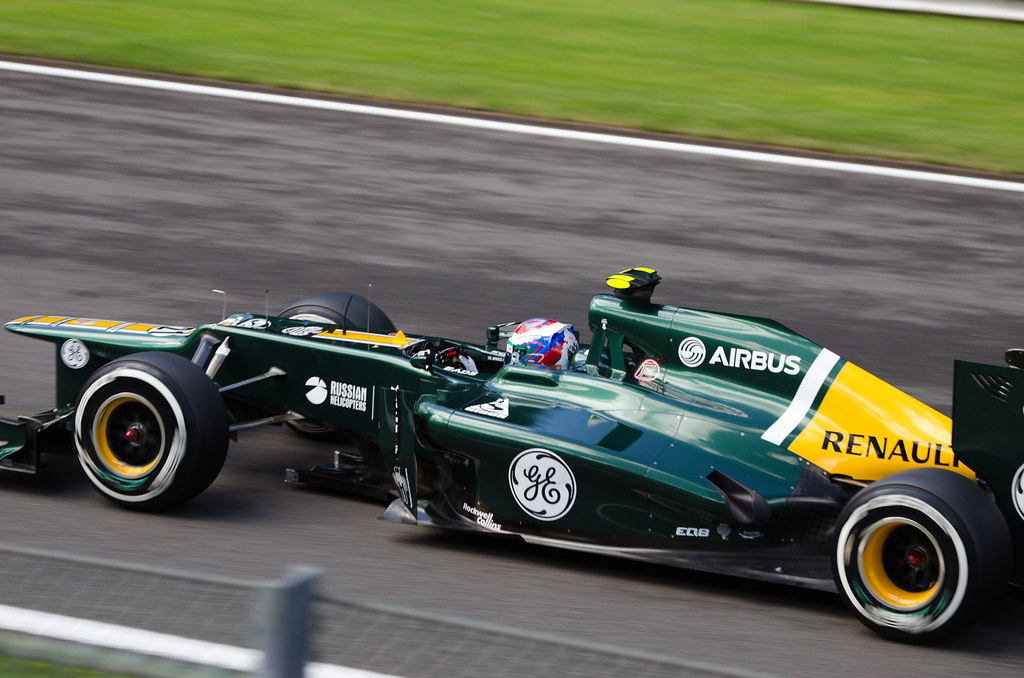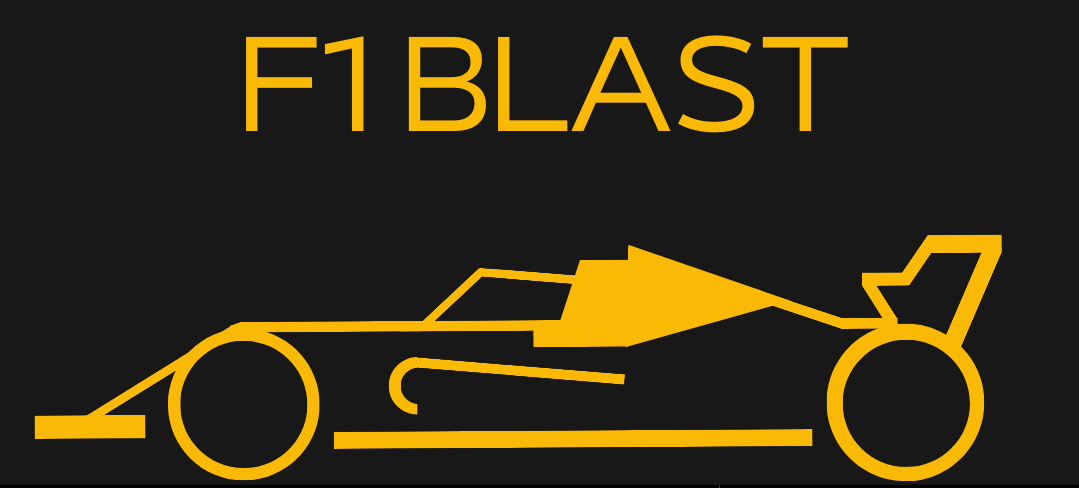Vitaly Petrov entered the history books in 2010 when he became the first ever Russian to compete in Formula One, driving for Renault F1. His rookie season was a rollercoaster, with highs and lows, but ultimately his defensive drive at the 2010 Abu Dhabi Grand Prix led to Sebastian Vettel taking the crown, as that season’s World Champion. Fernando Alonso was close to his 3rd title, but was gutted by another Ferrari Strategy Masterclass.
Vitaly Petrov’s career in Russia
Unlike most Formula One drivers, Vitaly Petrov did not start karting at a young age. With limited motorsport infrastructure near his hometown of Vyborg, he began his driving career in 1998 competing in rally sprints and ice races. In 2001 he dominated the Russian Lada Cup, winning every round to accumulate the maximum 500 points. He collected various formula Renault championships over the next few years before making it into GP2 in 2006.
GP2 Podiums
Driving for Campos Grand Prix in GP2, Petrov steadily improved, taking his first win at Valencia in 2007. The following year he finished 7th overall with 3 podiums. Then in 2009 he mounted a championship challenge, winning twice on his way to being runner-up behind Nico Hülkenberg.
petrov’s f1 One Debut with Renault
His impressive GP2 form earned Vitaly Petrov a Formula One drive with Renault for 2010. With some Russia-based sponsorships, his talent didn’t have to do much of the talking. Expectations were modest, but the Russian was determined to start scoring points by mid-season. Things did not start smoothly though, with three retirements from the first three races.
First Points in China
Petrov finally finished his first Grand Prix in China, bringing the car home in 7th to score his maiden points. The race was noted for his overtakes in heavy rain on Michael Schumacher and Mark Webber. Further points finishes followed in Hungary and Belgium as he got to grips with Formula One. Despite being a decent rookie season, Vitaly Petrov was highly underperforming compared to Robert Kubica.
Points in Abu Dhabi Finale
His standout performance came at the Abu Dhabi season finale. Running 6th late on, Petrov found himself racing wheel-to-wheel with Fernando Alonso and Mark Webber. He held position brilliantly for several laps, backing up Alonso who was stranded behind him while chasing the title. This compromised Ferrari’s strategy and allowed Sebastian Vettel to clinch the championship from Alonso in dramatic fashion. Petrov scored vital points in 6th, capping off a respectable debut year.
Best Season with Lotus Renault
Petrov remained with Renault, now rebranded Lotus, for 2011. The highlight was scoring his first F1 podium, finishing 3rd in Australia. Further points followed, ending the year 10th overall with 37 points. He out-scored highly rated teammate Nick Heidfeld, but lost his seat at the end of 2011 as Romain Grosjean came in alongside Kimi Raikkonen.
Final Year with Caterham
For 2012 Petrov dropped to drive for minnows Caterham. He saw out the season with the backmarker team, often racing closely with Marussia. His best result was 11th in the Brazil finale. With no points to his name, afterwards he left F1 aged 28.

Post-F1 Career
Following his Formula One career, Petrov had a disappointing sole season in the DTM German touring car championship in 2014. He fared better returning to the prototype ranks, joining SMP Racing to compete at Le Mans. A 3rd place LMP2 class podium came in 2016, which he replicated in a 6th place LMP1 drive last year.
The First of Several Russians
Although ultimately only scoring points in two Formula One seasons, Vitaly Petrov’s career opened the door for other Russian drivers. He proved that drivers from his country could compete at the pinnacle of motorsport. This paved the way for Daniil Kvyat to enter F1, who in turn inspired Sergey Sirotkin and Nikita Mazepin.
While Russia still awaits its first Grand Prix winner, Petrov’s Abu Dhabi heroics in 2010 and Australian podium a year later gave Russian fans two seminal moments to cherish from the first driver to break that barrier.

